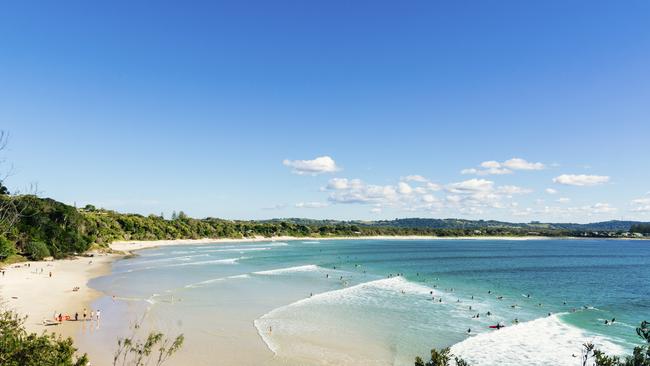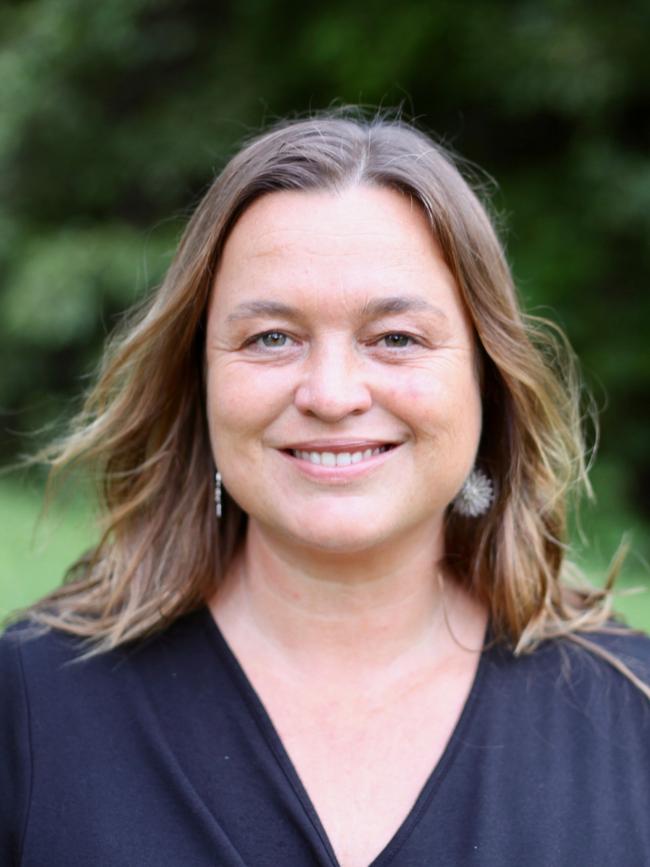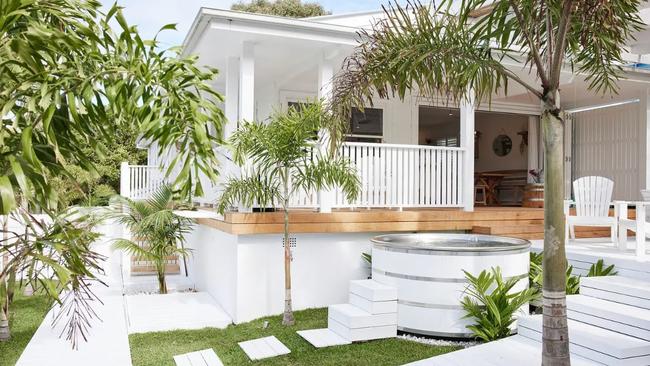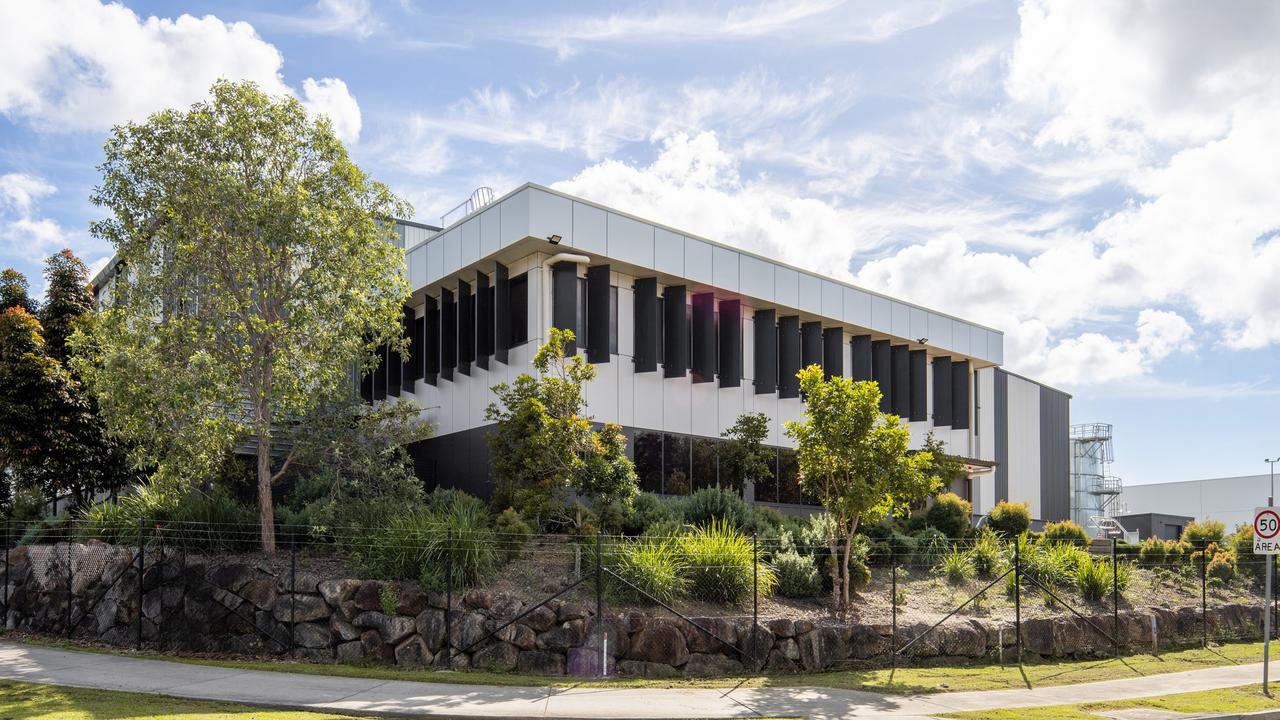Short-stay cap fails to ease Byron Bay rental squeeze
Byron Bay has some of the strictest short-stay rules in the country, but that has done little to help renters secure long-term accommodation, with vacancy rates shrinking to their lowest levels in nearly three years.

Byron Bay has some of the strictest short-stay rules in the country, but that has done little to help renters secure long-term accommodation, with vacancy rates shrinking to their lowest levels in nearly three years.
It has been almost three months since Byron Shire Council introduced caps on holiday rentals which banned whole “unhosted” properties from being let for more than 60 days across most of the area.

Homeowners were given a year-long warning to the controversial change on September 23, that was hoped to nudge these properties from lucrative short-term offers to the long-term rental market. But this doesn’t appear to have happened.
In the three postcodes that cover the council’s three largest townships of Byron Bay, Brunswick Heads and Mullumbimby, rental availability was near the 3 per cent level considered “healthy” for a typical market in May 2023. Since then, vacancy rates have shrunk to between 0.5 and 1.4 per cent, according to figures from SQM Research.
Just 60 homes were available across the broader Byron Bay region on Realestate.com.au last week, with Proptrack confirming listing levels have also slipped.
Local mayor Sarah Ndiaye and NSW MP for Ballina Tamara Smith are both Greens politicians who back the reforms, which go further than the statewide restrictions of 180 days. In select areas of the Byron and Brunswick CBDs, unhosted properties can be rented year round.
Ms Ndiaye says the policy is not anti-tourist, with five new hotels set in development. But she believes there needs to be a greater balance to ensure locals get to enjoy the quality of life holiday-makers are chasing.
“These houses were built in residential areas for the purpose of residences, not for businesses or investors,” Ms Ndiaye said.
“We’re trying to bring back that balance so that we can support a healthy visitor economy, but also have houses for people in the midst of a housing crisis.”

Real Estate Institute of NSW president Thomas McGlynn said he was somewhat surprised rental vacancy has worsened, but noted the huge tourism boost the region was afforded through the pandemic as a likely factor.
“The intentions are positive … and, by and large, the new land that’s become available across the Northern Rivers over the last decade has certainly increased,” he said. “Unfortunately, it’s just not keeping up with the demand of people wanting to live in these areas.”
Short-stay rental site Airbnb argued that caps and bans don’t work. Head of Public Policy for Airbnb Australia and New Zealand, Michael Crosby, likened the Byron restrictions to those introduced in New York City and Edinburgh, which led to a surge in hotel prices without improving the rental availability and affordability of local rental markets.
“Night caps, both locally and internationally, have not worked to improve housing affordability or supply,” Mr Crosby said.
“The short-term rental sector is already regulated in NSW, with mandatory registration for all short-term rental properties and a code of conduct to promote good behaviour.
“Tourism in Byron Shire will suffer given guests will have fewer affordable accommodation options.”
Ms Ndiaye believes it will be at least 24 months until the true impact of the changes is known.







